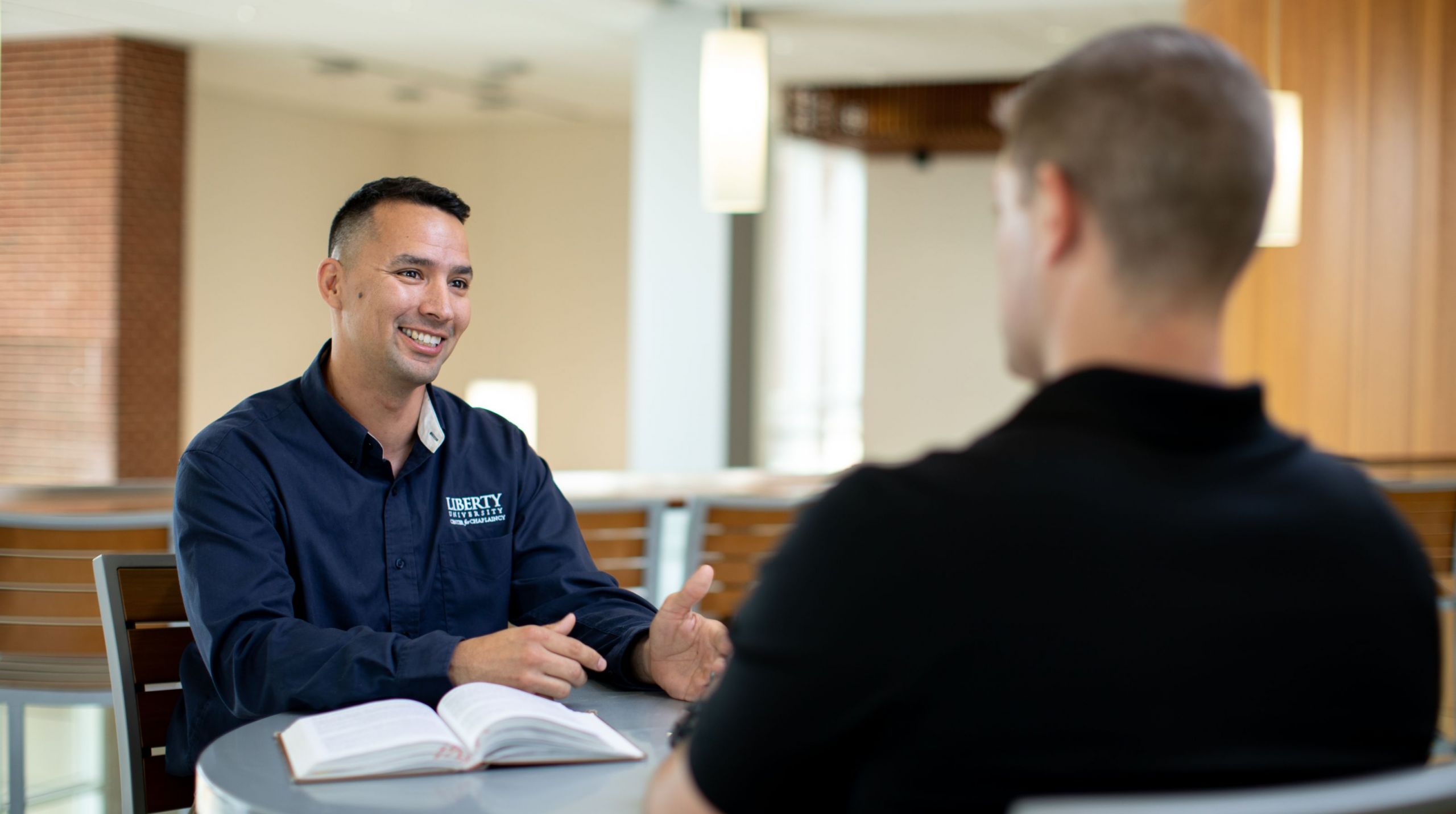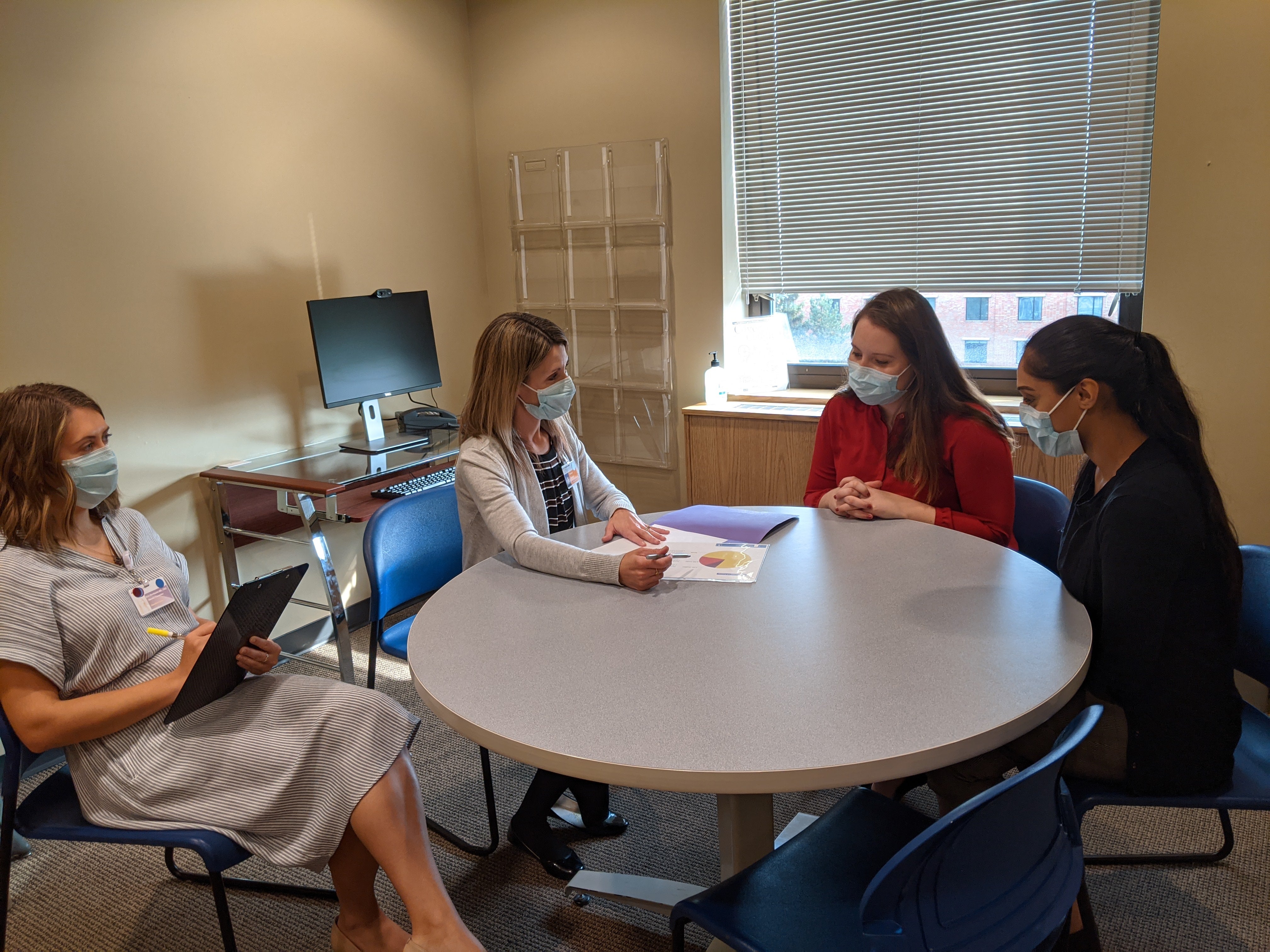
GUIDANCE COUNSELOR PROFESSIONAL
The book titled “Counselling for Functional and Sustainable Education: A 21st Century Approach” is a maiden edition of Science and Education Development Institute (SEDInst) intended for student, neophyte and professional counsellors, care givers, researchers and all that need help in educational, vocational and personal-social matters. Keywords: Educational Counseling, junior secondary school three students, Educational needs assessment, Ibadan north local government. Collaboration is needed in the local government to ensure the success of JSS3 students in their examinations and general academic performance. It is important for the school counselors to revamp their services to schools. There are many underlying reasons for this. Even though the surveyed JSS3 students needed educational counseling services, majority of them did not meet their school counselor for help.

Furthermore, Males were found to be three time less likely than females to meet a counselor for help (OR: 0.35, 95%CI: 0.21-0.57).There were no significant associations between sex and confidence or participation grade. All schools had significant likelihood for meeting a counselor for help, with Ikolaba High school being the most likely (OR: 44, 95%CI: 12.78-151.45). However students of Saint Louis were found to be four times less likely than community high school to be active in classwork (OR: 0.23,95%CI: 0.10-0.53). Students of Anglican Grammar School 2 were found to be eight times more likely to be confident than students at Community High School (OR: 7.54, 95%CI: 2.84-20.03). Significant relationships were found for secondary school and confidence grade, activity grade, and meeting a counselor for help. Almost half of the respondents (45.9%) were not confident in taking tests and examinations. The most frequently reported difficult subject was French language (29.6%) with Mathematics following closely behind (21.8%). Even though most (84.9) said they were always confident in their ability to prepare for a test, more than half of them (53.8%) said they were sometimes afraid to take a test. Participants were equally distributed across the six schools randomly selected for the study. Majority (67.9%) of the respondents was female, Yoruba (86.6%) and belonged to nuclear families (84.3%).More than half of them (56.9%) did domestic work after school, but only very few (5.6%) reported doing school work after school hours. Respondents’ mean age was 13.3 ± 1.3 years. Data were analysed using descriptive statistics, inferential statistics and logistic regression at p<0.05. Class activity scores of 0-5 and 6-10 were graded as not active and active respectively. Confidence scores of 0-5 and 6-10 were graded as not confident and confident respectively. It also included 5-item confidence and class activity scales. The instrument gathered information on the respondents’ socio-demographics, academic subjects which they found difficult and academic topics where they needed counseling. This cross-sectional survey collected data using a semi structured questionnaire which was interviewer administered. This study was designed to conduct an educational needs assessment among JSS 3 students in Ibadan North Local Government Area.

Also, the utilization of counseling services by students is very low. In Nigeria, school counselors face various challenges making it difficult to perform appraisal services. On a second, deeper level, the transformational model adopted for the self-study process allowed for authentic conversations regarding diversity across disciplines, departments, hierarchical structures and cultural differences among our candidates, our faculty, our staff, and our multiple stakeholders.ĪBSTRACT Students in Junior Secondary School Three (JSS3) are in need of educational counseling services to help them perform well at in their certificate examinations.

On a first, basic level, the institution successfully complied with all NCATE requirements for re-accreditation. The self-study process was successful on two levels. While the main focus of the article is to address Standard 4, it is impossible to understand how FAU’s College of Education responded to this standard in isolation of the entire self-study journey. This article documents how the professional education unit at FAU successfully addressed NCATE Standard 4 (Diversity).
GUIDANCE COUNSELOR FULL
This successful site visit and following Unit Accreditation Board (UAB) report resulted in full NCATE re-accreditation. In March of 2007, Florida Atlantic University (FAU) hosted a joint NCATE/Florida Department of Education (FLDOE) site visit.


 0 kommentar(er)
0 kommentar(er)
